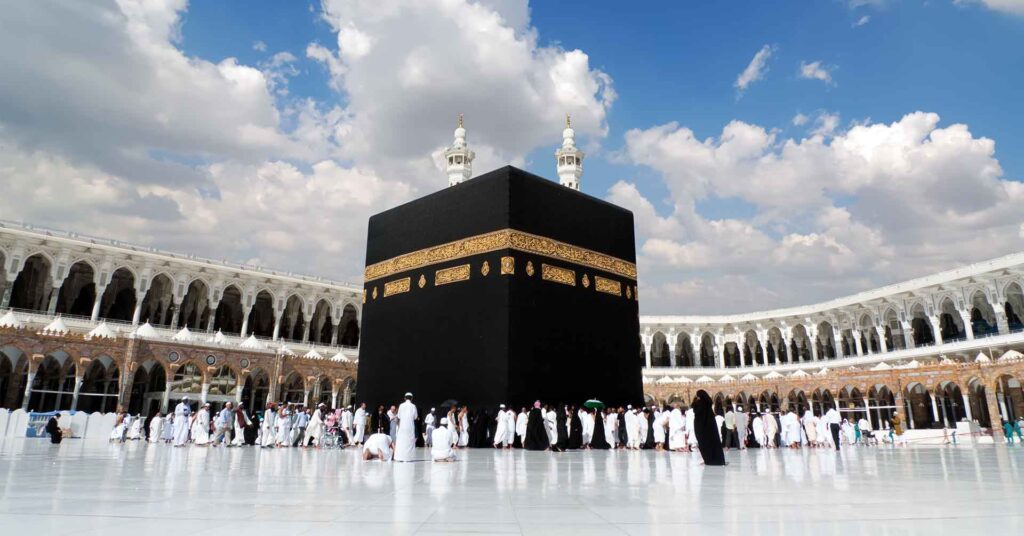07/05/2024
07/05/2024

KUWAIT CITY, May 7: The Ministry of Health, represented by its official spokesperson Dr. Abdullah Al-Sanad, has unveiled comprehensive measures aimed at ensuring the health and safety of pilgrims undertaking the Hajj pilgrimage in the year 1445 AH - 2024 AD. As part of these preparations, 41 preventive health centers across the public health sector have been designated to cater to the needs of pilgrims, providing essential vaccinations and health guidance.
Dr. Al-Sanad emphasized that immunizations required for this year's Hajj season will align with the stipulated criteria established by Saudi Arabia's organizing authorities. Key among these vaccinations is the meningitis vaccine (Neisseria meningitis), mandatory for all individuals intending to perform Hajj or residing in Hajj areas.
In addition to the mandatory vaccinations, pilgrims are strongly advised to ensure they are up-to-date with basic seasonal immunizations, including influenza and Covid-19 vaccines. Dr. Al-Sanad highlighted the importance of considering destination-specific vaccinations based on the pilgrim's point of arrival to safeguard their health and well-being.
Furthermore, Dr. Al-Sanad stressed the significance of assessing the physical capabilities of pilgrims, particularly the elderly and those with chronic medical conditions such as cancer, heart disease, respiratory ailments, liver disorders, or advanced kidney disease. Pilgrims are urged to consult their healthcare provider before embarking on their journey to verify their health status and ensure they carry necessary medical reports and medications, securely packaged and accompanied by personal and health-related information.
To facilitate a smooth and safe Hajj experience, Dr. Al-Sanad recommended pilgrims receive vaccinations at least 10 days before departure and seek guidance from healthcare providers at preventive health centers on preventive measures against respiratory infections, waterborne diseases, food-related illnesses, and heat-related ailments. These precautionary measures aim to enable pilgrims to fulfill their religious obligations with ease and in good health.


